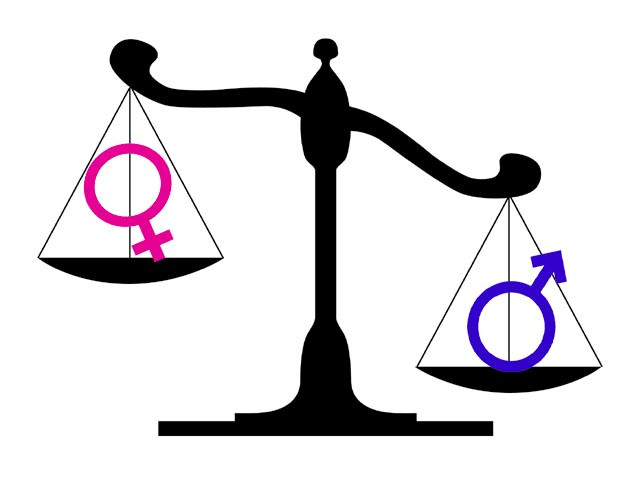Gender equality: Militancy, poor governance obstructing progress
Shirkat Gah releases report on hurdles to ending discrimination against women.

Pakistan is required to take immediate steps to ensure the effective implementation of laws to address violence against women. PHOTO: FILE
Shirkat Gah, Women’s Resource Centre, has highlighted the concurrence of the United Nations Committee on the Elimination of all forms of Discrimination Against Women (CEDAW) with its shadow report, Obstructing Progress: Growing Talibanisation and Poor Governance in Pakistan, which was endorsed by 19 civil society organisations at the Lahore Press Club on Monday.
The committee was reviewing Pakistan’s Fourth Country Report on eliminating discrimination against women issued in February 2013.
Shirkat Gah stressed that discrimination against women cannot be eliminated until Pakistan reduces the glaring gap between de jure (concerning law) and de facto (concerning fact) equality; addresses insecurity and violence resulting from the unchecked growth of armed jihadi groups; and improves governance by closing gaps in the legislative framework, removing obstacles in accessing justice and building well-resourced and dedicated machineries to promote women’s rights.
The Convention on the Elimination of all forms of Discrimination Against Women (CEDAW) is an international human rights treaty acceded to by Pakistan in March 1996 for realisation of the principle of equality between men and women in all spheres of life, representatives of Shirkat Gah said.
The Shirkat Gah representatives said the CEDAW committee, in its concluding observations, had appreciated “the numerous laws and legal provisions aimed at eliminating discrimination against women” in Pakistan but had stressed that much more needed to be done.
“Recognising the challenges posed by increased violence and threats by non-state actors, and the impact of natural disasters, the committee emphasised that CEDAW is binding on all branches of the State apparatus and encouraged legislators to take the necessary steps to implement the concluding observations of the committee by the next reporting process,” they added.
The CEDAW Committee expressed its concern at the status of implementation of measures for women’s empowerment after devolution of certain powers from federal to provincial governments, and encouraged the government to ensure implementation at both national and provincial levels, the representatives added.
“Key areas identified by the committee for immediate attention in Pakistan include impact of internal conflict on women and girls; threats to the safety of human rights defenders; violence against women that is increased by delay in reforming laws on domestic violence and trafficking and a shortage of support services for women suffering violence. The committee questioned the delay in restoration of the local government system and asked Pakistan to restore 33% reserved seats for women and representation of women from religious minorities. Pakistan is also required to take immediate steps to ensure the effective implementation of laws to address violence against women; ensure disaggregated data collection on all forms of violence; eliminate parallel legal systems and informal dispute resolution mechanisms which discriminate against women and; promote the right to education for women and girls,” they added.
“Shirkat Gah calls upon all political parties to ensure that their manifestos and future plans include concrete necessary steps at all levels to fully implement the convention in a coherent and consistent manner as underlined by the committee. It calls upon all citizens to be cognisant of obligations enforced by the convention and hold public representatives as well as the executive branch accountable for implementation,” the representatives added.
Published in The Express Tribune, March 19th, 2013.



















COMMENTS
Comments are moderated and generally will be posted if they are on-topic and not abusive.
For more information, please see our Comments FAQ